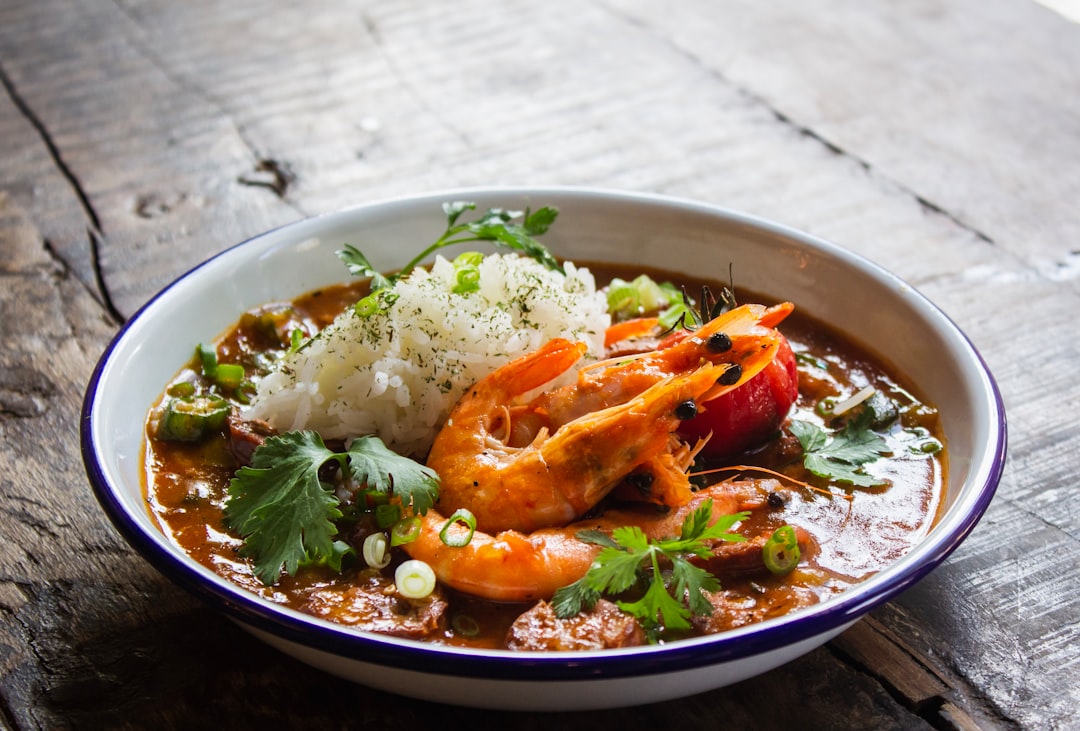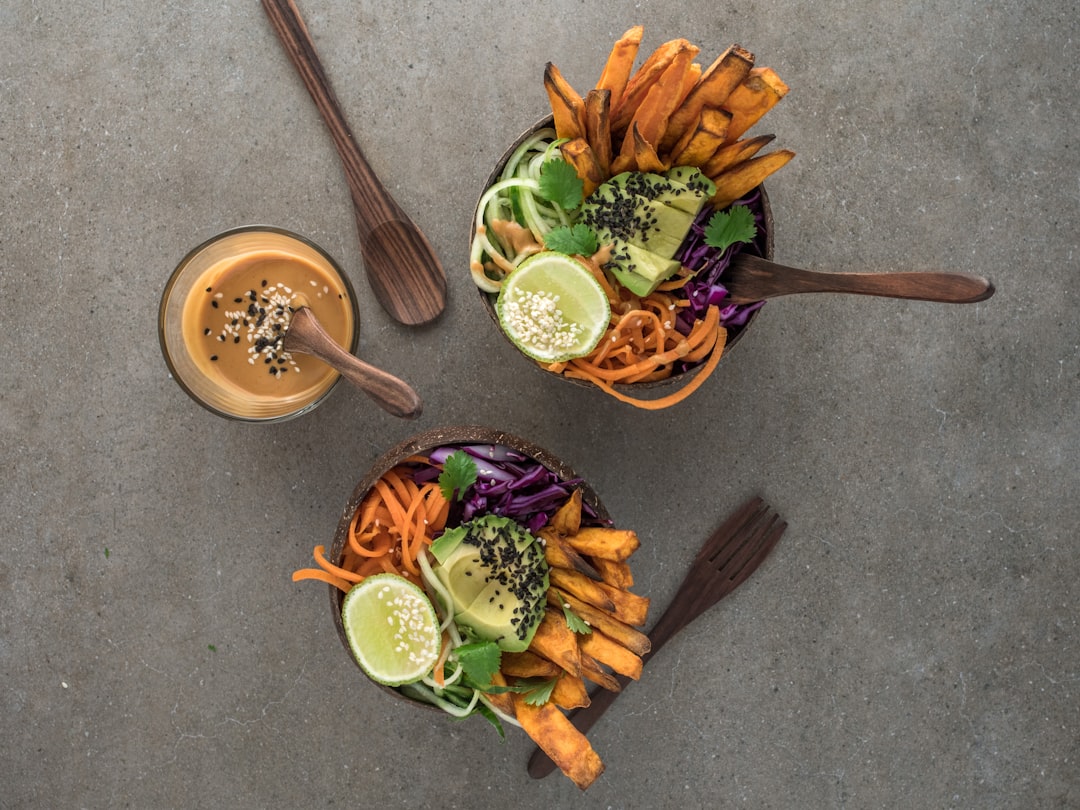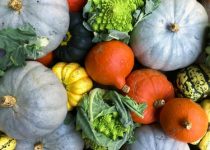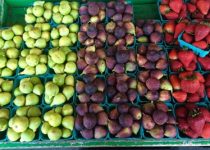5 Foods That Cause Heartburn

A stomach ache and lack of energy can be very embarrassing. Especially when you have to discuss it with your partner. But what most people don’t know is that stubborn heartburn symptoms can be caused by specific foods in your diet. That’s why it’s important to pick up your health and diet on a regular basis, to avoid these side effects and get the benefits they promised. Here are 5 foods that cause heartburn.
Dairy Products
Recent studies have shown that dairy products are one of the most common causes of heartburn. This doesn’t mean that you’ll have to ditch all dairy products, but it does mean that you should go easy on them. There are non-dairy options of course.
Take the example of a person who suffers from lactose intolerance. They are unable to digest lactose, a sugar found in milk and other dairy products. Lactose intolerance is present in about 75% of the world’s population.
With 75% of all Americans having lactose intolerance, it would be wise for a person with this problem to avoid eating foods that contain milk and dairy products.
Also, dairy products are the leading cause of bowel infections, so if you have dairy intolerance, you should be Probiotics and prebiotics should have been taken in order to get your bowel bacteria back online and healthy.
Caffeine
Although caffeine doesn’t technically cause heartburn because it doesn’t dissolve in your system it can be a very irritating addition to your diet.
Tolerance of caffeine can vary between people, but if you are unsure you should avoid it.
Coffee is one beverage that is best avoided if you have a heartburn problem. Additionally, tea and soda containing caffeine are also culprits.
Add all these drinks to your diet, and you can expect to deal with Gas, Bloating, Diarrhea and that tired feeling.
Sugar- High Fructose Corn Syrup
You have to be careful when reading food labels, because sugar can be concealed in many places that you wouldn’t expect it. For example, High Fructose Corn Syrup, (HFCS) is a common ingredient in many condiments and processed foods.
HFCS is used to cut down costs, and it’s about as healthy as it gets. The problem is that it is hidden in almost every processed food. Condiments such as ketchup, salad dressings, sweeteners and softdrinks all use HFCS as an ingredient, and you’ll often find it in noodle or cereal aisle.
The problem with HFCS is that it converts to fat quicker than sugar, and your body isn’t able to use it promptly.
Knowing this, you can avoid HFCS by buying fresh meats and produce.
Sugars
Foods with Artificial Sweeteners
The majority of artificial sweeteners are saccharine and aspartame. You’ll find them in the most processed foods, and they cause your body to release insulin to help digest them.
1993 called the pathological polymerization of saccharine. It breaks down very slowly, and that is why many artificial sweeteners cause your body to store the sugar as fat.
Also, artificial sweeteners cause your body to produce more insulin. That can lead to an insulin resistance, which causes diabetes.
An example of a processed food that contains an artificial sweetener is diet soda. The bottom line is that diet soda should be avoided as much as possible.
Grains, Ham, Fish fillers
Foods that contain these grains are also common causes of heartburn. Foods include rye, spaghetti, macaroni, and white bread, which are common sandwich fillings. Your best bet is to stay away from wheat-based foods, and eat more natural whole grains.
Additionally, foods that contain “unglazed” meats are also common causes of heartburn as well. When you eat them, your system gets confused, and all of the muscles in your body, including the stomach muscles, secrete stomach acid to try and mix it in with everything else.
This backs up the why your system thinks it’s stomach is full, and you get a heartburn while trying to eat something flat-out fake.
Milk and milk products
If you’re lactose intolerant, you’re one of the millions of people. The enzyme responsible for this is called Lactose Hydrogenation, and it’s a process that basically tries to make the lactose in milk joints.
First, the enzyme converts the Lactose in milk into Hydrogenated (or Unsmoothed) Milk Sugar, Lactosealine, or Lactalbumin.
The problem is, this enzyme is not present in colostrum, raw milk, or dairy products from grass-fed animals.



